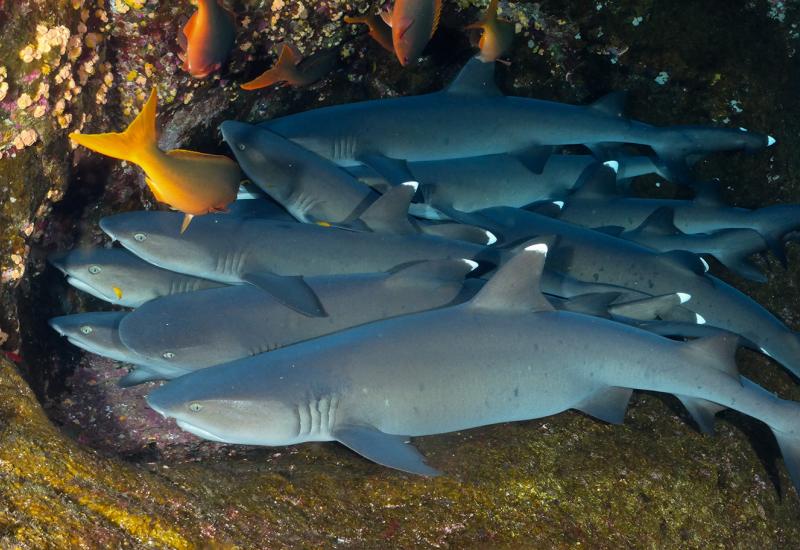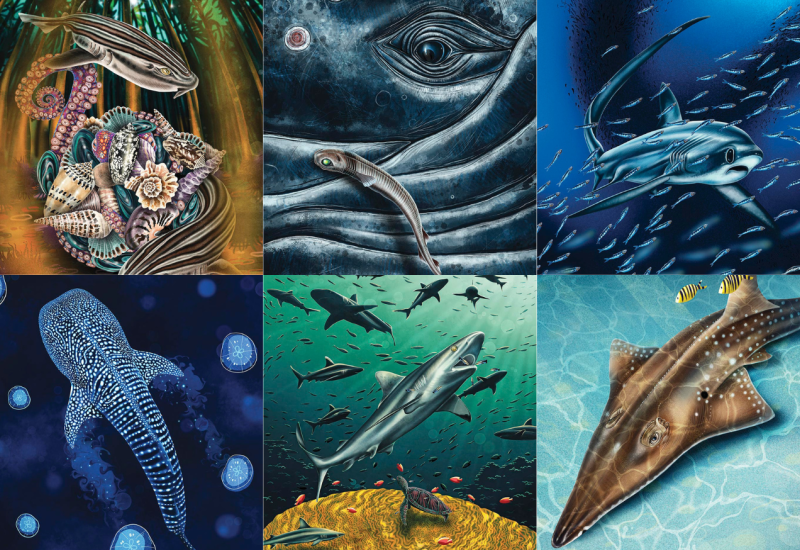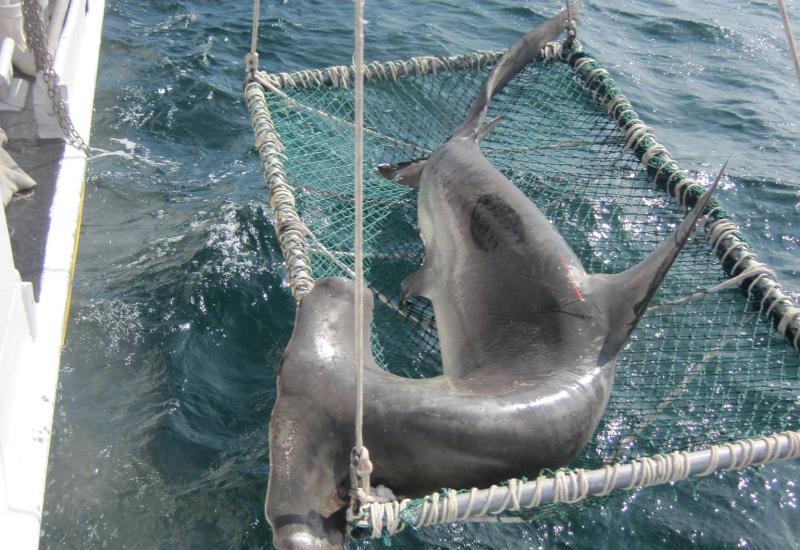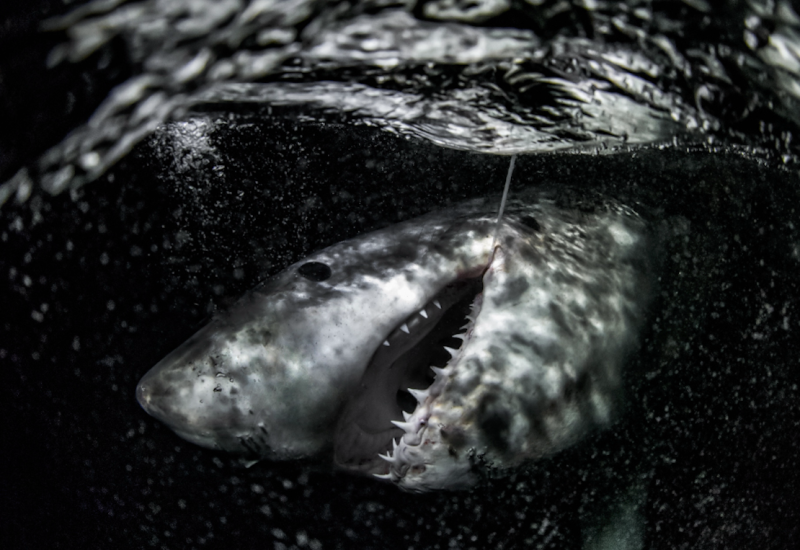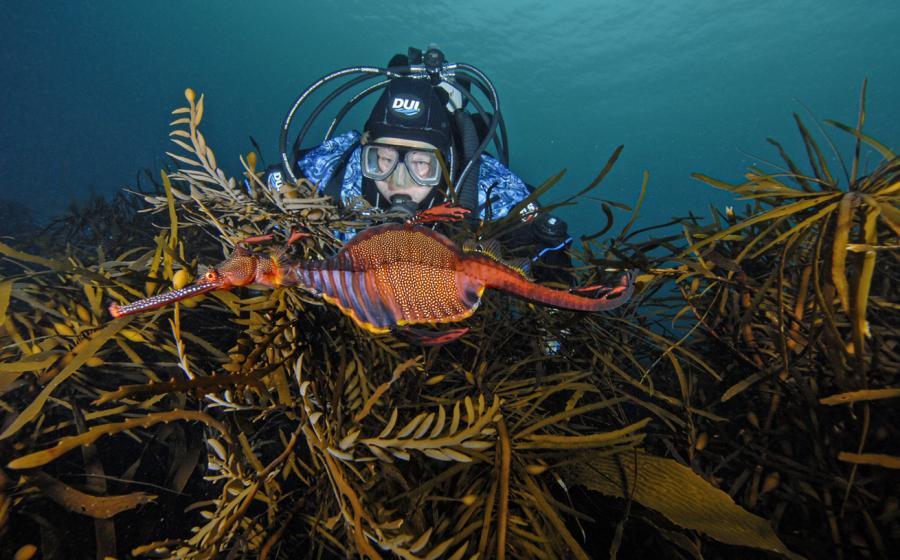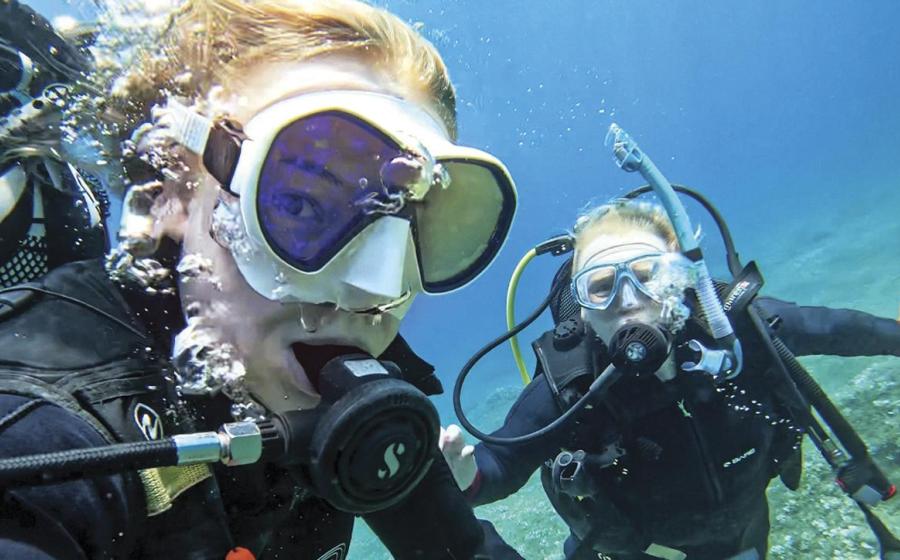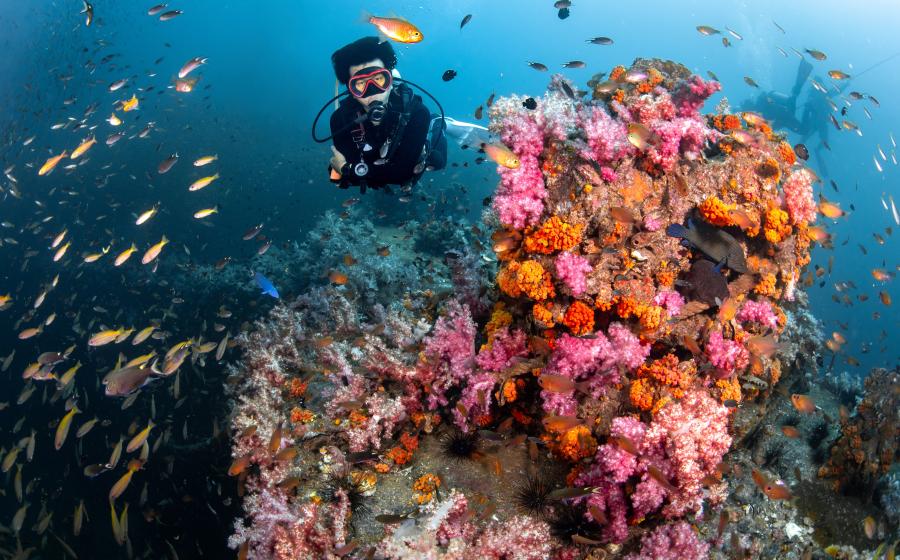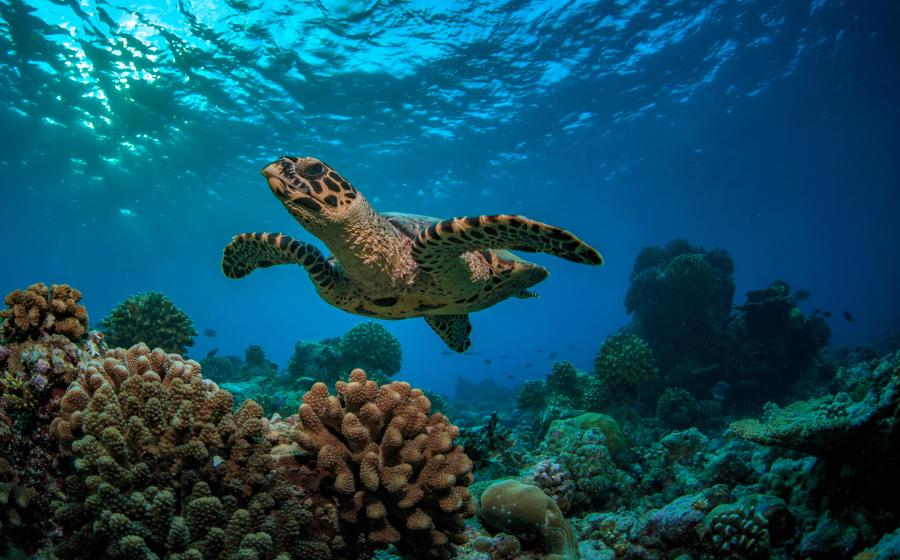Are the Ocean’s Fastest Animals Faster than a Speeding Bullet?
Question: My littles want to know about the fastest swimmers in the ocean, and how they compare to Olympic athletes, speed boats, and superheroes. —Jonah S. (9 years old) and Myles S. (7 years old), as relayed by their mother Keegan S., Virginia
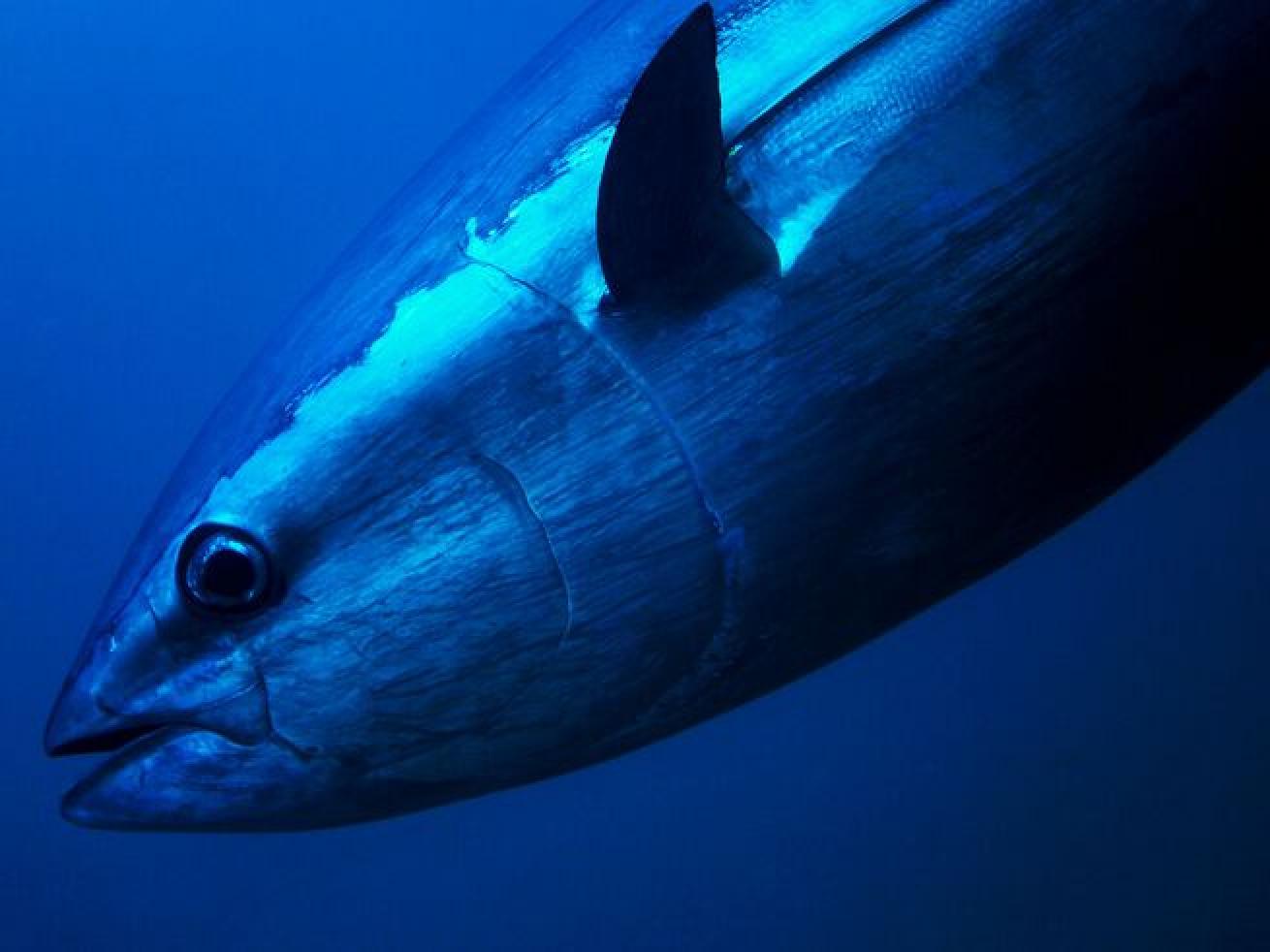
Alexius Sutandio/Shutterstock.comA close up of a bluefin tuna.
Answer: Thanks for this great question, which is an awesome follow-up to my breakdown of the ocean’s worst swimmers from last year. The ocean’s fastest animals are pretty darn fast, much faster than even the fastest human swimmer and faster than many types of boat. They are, however, slower than a speedboat, and much slower than a superhero. Let’s break this down.
The ocean’s fastest swimmers include the bluefin tuna, clocked at up to 43 miles per hour, and the shortfin mako shark, which can swim up to 46 miles per hour. Some reports of animals such as sailfish and black marlin show they can swim even faster than that for short bursts of time. That’s really fast when you consider how much extra energy it takes to move through water versus through air, because water is much denser. If you’re not convinced of this, move your hand through a bathtub full of water and see how much harder it is than moving your hand through the air.
Related Reading: How to Photograph Pelagic Sharks
How about competitive swimmer Michael Phelps, who holds the most Olympic medals of all time? His top speed is between 5.5 and 6 miles per hour, which is a lot faster than almost any other human alive. (I’m an OK swimmer, and over medium distances I average less than 1 mile an hour). Phelps never had a chance in his much-hyped goofy “race” against a great white shark a few years ago.
What about boats? My friends operate a research vessel that maxes out at about 14 miles per hour when it’s cruising. A typical sailboat can max out at maybe 15 to 20 miles per hour. A typical pontoon boat, built for pleasure cruising more than speed, can reach maybe 30. My family has a waterski boat that can go a little faster than that if we push it. But you asked about speedboats specifically; the folks at Discover Boating note that there are lots of boats that can go over 70 miles per hour, with some that can go over 120 miles per hour. (Incidentally, if you click through these links, you’ll see that many boat speeds are listed in knots, which are “nautical miles per hour,” slightly different from miles per hour. One nautical mile is one minute (1/60th) of a line of latitude, about 6,000 feet. So 1 knot is about 1.15 miles per hour. I’ve converted things to miles per hour in this article for the benefit of you landlubbers.) So the ocean’s fastest-swimming fishes are actually faster than many boats, but slower than a speedboat.
What about superheroes? Since you specifically asked about how fast superheroes can swim, I’m going to assume that you’re referencing the best superhero, Aquaman. Luckily, I’m a senior writer for the marine biology blog Southern Fried Science, which features a long-running “science of Aquaman” series written by another writer. According to our research, Aquaman’s top swimming speed is about 6,800 miles per hour. That’s…a lot faster than any fish, or any speedboat, or just about anything made by humans other than a rocket trying to escape Earth’s gravity. So in summary, the ocean’s super athletes can swim much faster than any human swimmer, faster than some boats, slower than speedboats, and a lot slower than superheroes.
Related Reading: What Are the Best Schools to Study Marine Biology?
Ask a Marine Biologist is a monthly column where Dr. David Shiffman answers your questions about the underwater world. Topics are chosen from reader-submitted queries as well as data from common internet searches. If you have a question you’d like answered in a future Ask a Marine Biologist column, or if you have a question about the answer given in this column, email Shiffman at [email protected] with subject line “Ask a marine biologist."

Courtesy David ShiffmanImage of David Shiffman
Dr. David Shiffman is a marine conservation biologist specializing in the ecology and conservation of sharks. An award-winning public science educator, David has spoken to thousands of people around the world about marine biology and conservation and has bylines with the Washington Post, Scientific American, New Scientist, Gizmodo and more. Follow him on @WhySharksMatter on Twitter, Facebook and Instagram, where he’s always happy to answer any questions about sharks.
The views expressed in this article are those of David Shiffman, and not necessarily the views Scuba Diving magazine.

